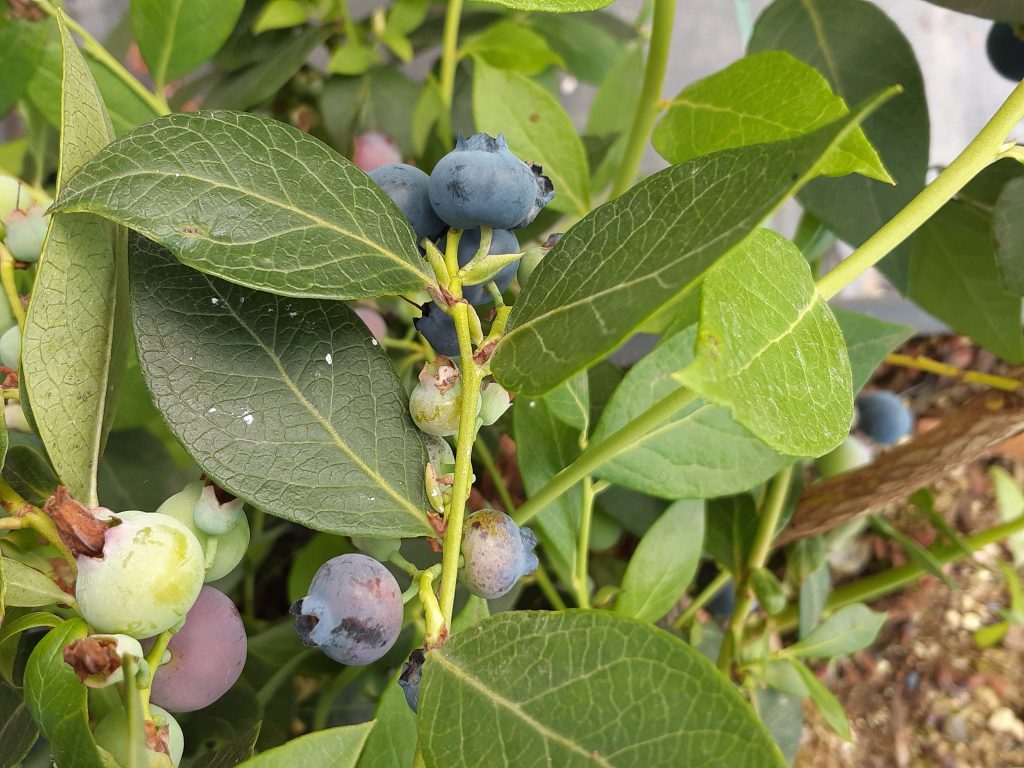
Blueberries have been grown in New Zealand for many years and have been accepted as a crop that does not need any pest management. As export markets have been developed, our Blueberries have been rejected because of pest incursions. As New Zealand Blueberries were thought to have no insect problems, growers have been struggling to increase their knowledge and to develop a protocol so we can continue to develop markets for our fruit.
Blueberries were traditionally grown in North America, but have now become very popular across the world. In New Zealand, Plant and Food Research have spent many years working on developing plants that are suitable for our unique conditions with different varieties having different levels of resistance to pests and diseases and therefore needing different methods of control.
As the export market developed, a couple of growers got together and worked out a basic protocol. This protocol was in place till the Blueberry NZ Conference in 2022, where a group of industry personnel were brought together to work out a better, more structured Integrated Pest Management (IPM) protocol to help us gain better access to markets, particularly Australia. This protocol is now being used by those that are carrying out monitoring for pests and diseases.
CropCheck were asked to monitor Blueberries in 2019 by a new tunnel house grower. As we were also very new to the industry and did not know of any protocol for monitoring, we started with a blank sheet of paper and developed our own protocol, parts of which have been incorporated into the new protocol.
The recommendation for monitoring is now to look at a minimum of 20 plants per block (10 plants per hectare on blocks bigger than 2ha) checking 5 sites on each plant, identifying every insect we find. Berries are also checked under a digital microscope for live insects or eggs. Any insects not known are sent off for identification.
As CropCheck has developed our Blueberry monitoring, we have worked with other experts in the Horticulture industry to look at other ways of controlling pests, and therefore reducing dependency on sprays as the sole source of control. IPM programs work to include a combination of methods in controlling pests and diseases in Blueberry crops. These can include:
- Conventional sprays
- Organic sprays
- Pheromones
- Coloured tape
- Beneficial plants
- Beneficial insects
As the Blueberry industry develops further, incursions of insects on our berries going into export markets has to stop or we risk being banned from export markets. For you as our growers, this means you need to be more proactive in your IPM program and monitoring is a key part of that program. For more information about monitoring your berries, contact us by email or phone from any part of New Zealand and we will come and visit or advise you on services available in your area.
If you need a blueberry monitor, please call or email Cathy.
Phone: +64 7 281 1034
Email: officeadmin@cropcheck.co.nz


